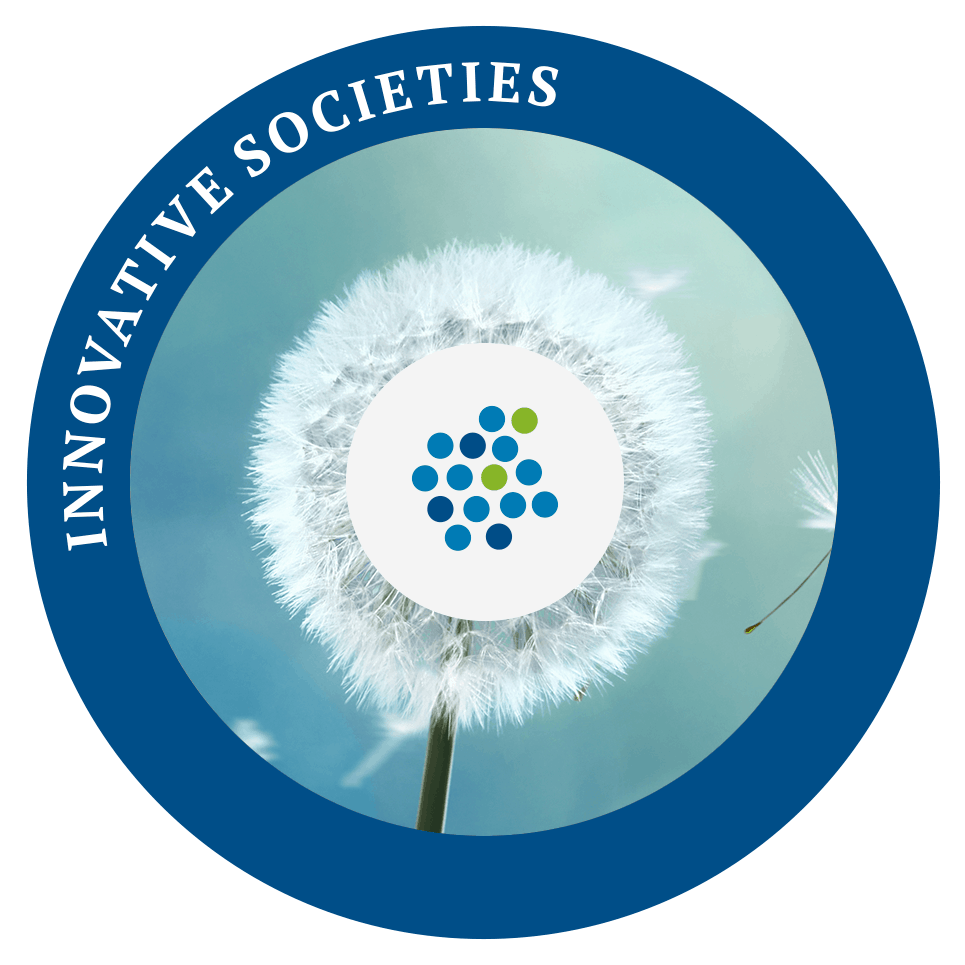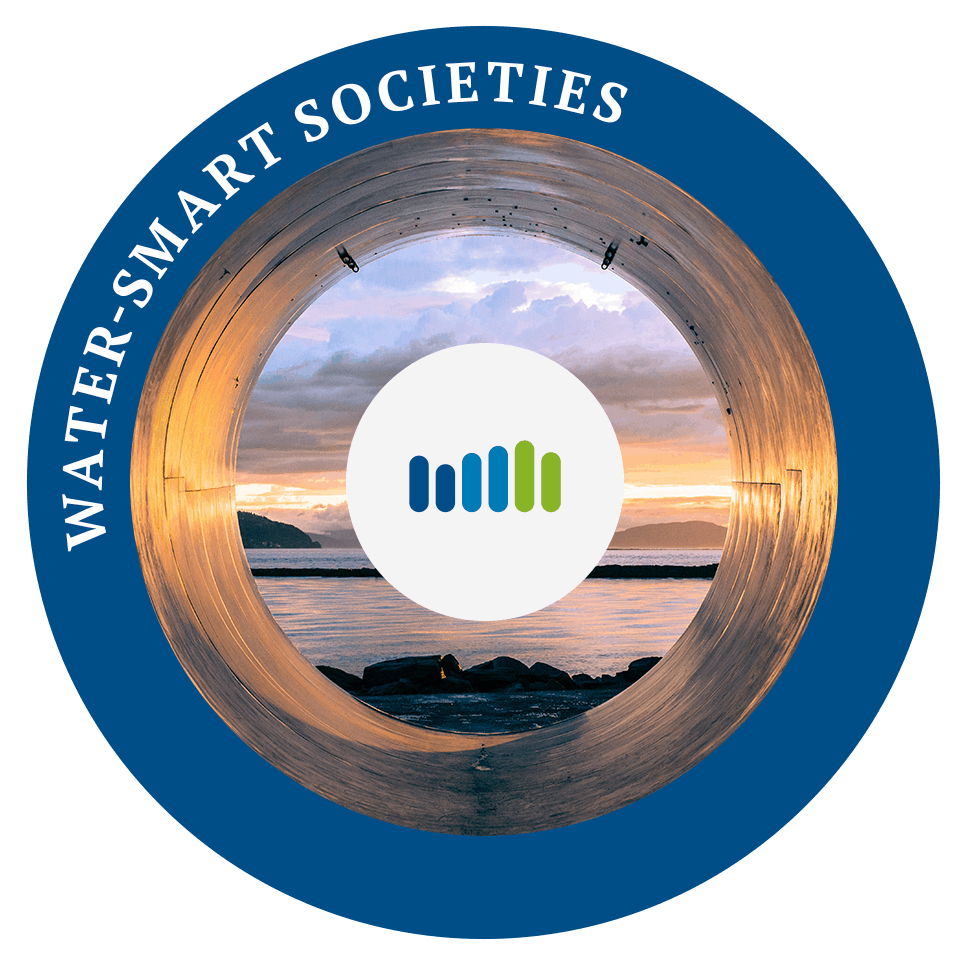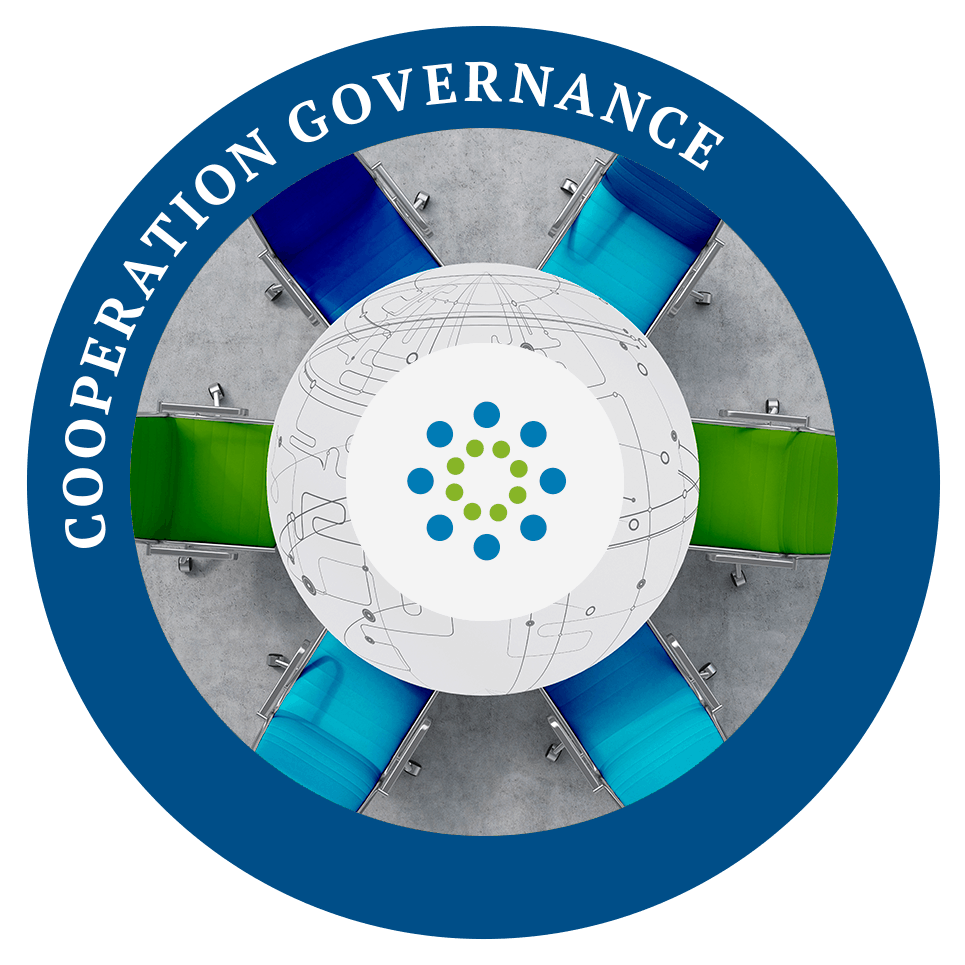Innovative societies Water-smart societies Climate-neutral societies
Interreg makes an impact!
Explore how people in the Baltic Sea region have been benefitting from our projects.




#MadeWithInterreg solutions for
Attractive cities for people
Smart handling of urban spaces and meeting people’s needs to make cities better and more sustainable.
What are we doing?
Cities around the Baltic Sea often share similar societal and climate change related challenges. Working jointly on issues that are specific to our region, Interreg projects make the most out of available resources in order to build smart, green and attractive cities for everyone. By learning and inspiring others, new solutions spread easily as if there were no borders and prepare cities to any challenges to come. But nothing for people without people: Interreg projects actively engage people in building strong communities and co-creating a happy future together.
Examples of #MadeWithInterreg solutions:
- liveable and smart city spaces adjusting to the people’s needs
- hybrid spaces for people to learn and interact
- AI and other creative methods used to co-create with the youth climate and sustainability plans for cities
- interactive gardens to improve people’s well-being as well as social and educational needs
- participatory budgets to implement ideas of people’s choice
- transformation in people’s consumption, mobility, energy and social life patters
- mix of various sustainable modes of transport available at hand
- e-mobility integrated within city mobility plans
- infrastructure for round-year walking and cycling
What we’ve done so far
In the early 2000s, over 50 cities and towns learned together how to develop their services for the benefit of residents. Some focused on planning and developing their urban space and reconstructing residential quarters and industrial areas, while others created investment and marketing strategies by making use of the expertise of capital cities. Between 2009 and 2014, projects brought cities closer to each other and promoted them jointly as one unique destination for tourism and for investments outside the Baltic Sea region.
In 2016-2021, projects helped cities and towns deal with emerging societal and demographic changes and climate change challenges. Urban managers together with community activists, artists, and researchers engaged residents in urban social innovation to jointly develop visions for city spaces and design them as common community projects. Cities also developed urban mobility plans, established new mobility points, and introduced living street initiatives. They integrated autonomous public transport and e-mobility solutions, such as e-bikes, e-scooters, and e-buses, to increase the liveability of cities for residents.
Ongoing projects
The ongoing projects address various challenges related to urban areas. They engage public authorities to transform cities into more innovative and smarter environments, and therefore more attractive for people. Several projects actively engage people in urban planning processes and redesigning cities to promote sustainability and green living, adopting energy-saving practices, creating models for resilient urban watersheds, and embracing environmentally friendly modes of transportation year-round. Additionally, projects introduce concepts such as nature-based garden designs, open knowledge hubs, and action plans to boost civil society engagement and foster social cohesion.
Explore the project solutions in detail:
Results stay with the people: listen to our #InterregVoices:
©Teresa Marcinów
I have noticed that organisations that are active in transnational programmes are more curious and courageous when they try to get the best solutions for their regions. In this context, it is impossible not to mention small infrastructure improvements, planning investments, e.g. in tourism routes, or testing new mobility or transport solutions. Those investments are real and they often initiate bigger projects financed from national and regional resources.
Teresa Marcinów
Member of the Monitoring Committee, Poland
©Guldborgsund Municipality
Thanks to this Interreg initiative [UrbCulturalPlanning] we gained new experiences and knowledge and managed to adapt the (cultural planning) method for our own situation. Now, we have developed new methods for city planning that we can use in other areas of our municipality.
Simon Hansen
Mayor of the Danish Guldborgsund Municipality
©City of Gdańsk
Without being able to use the knowledge, experience, and data gathered by project partners and without high-level funding [as part of Sohjoa Baltic], the city would not have been able to pilot the complex and expensive technology of autonomous last-mile transport.
Piotr Grzelak
Deputy Mayor of Gdańsk


